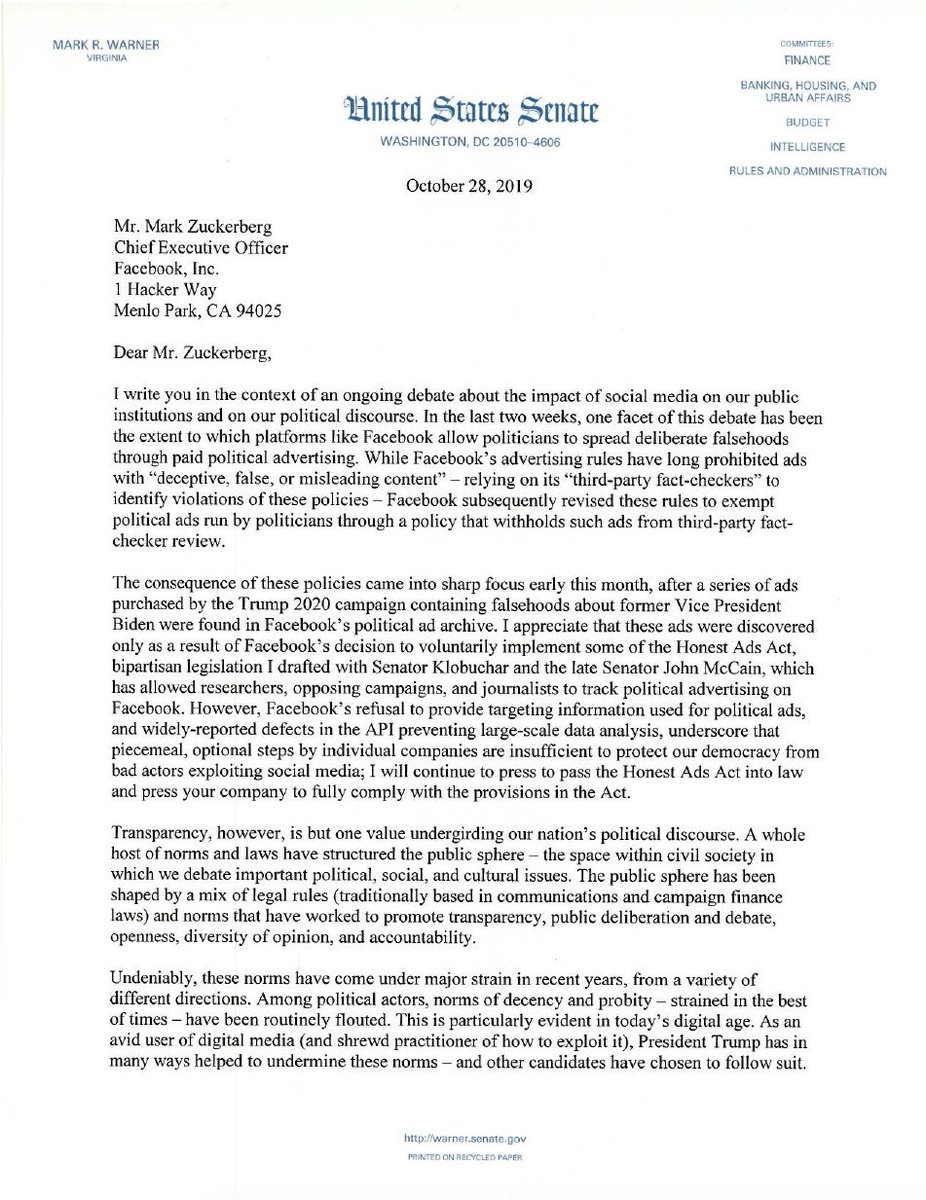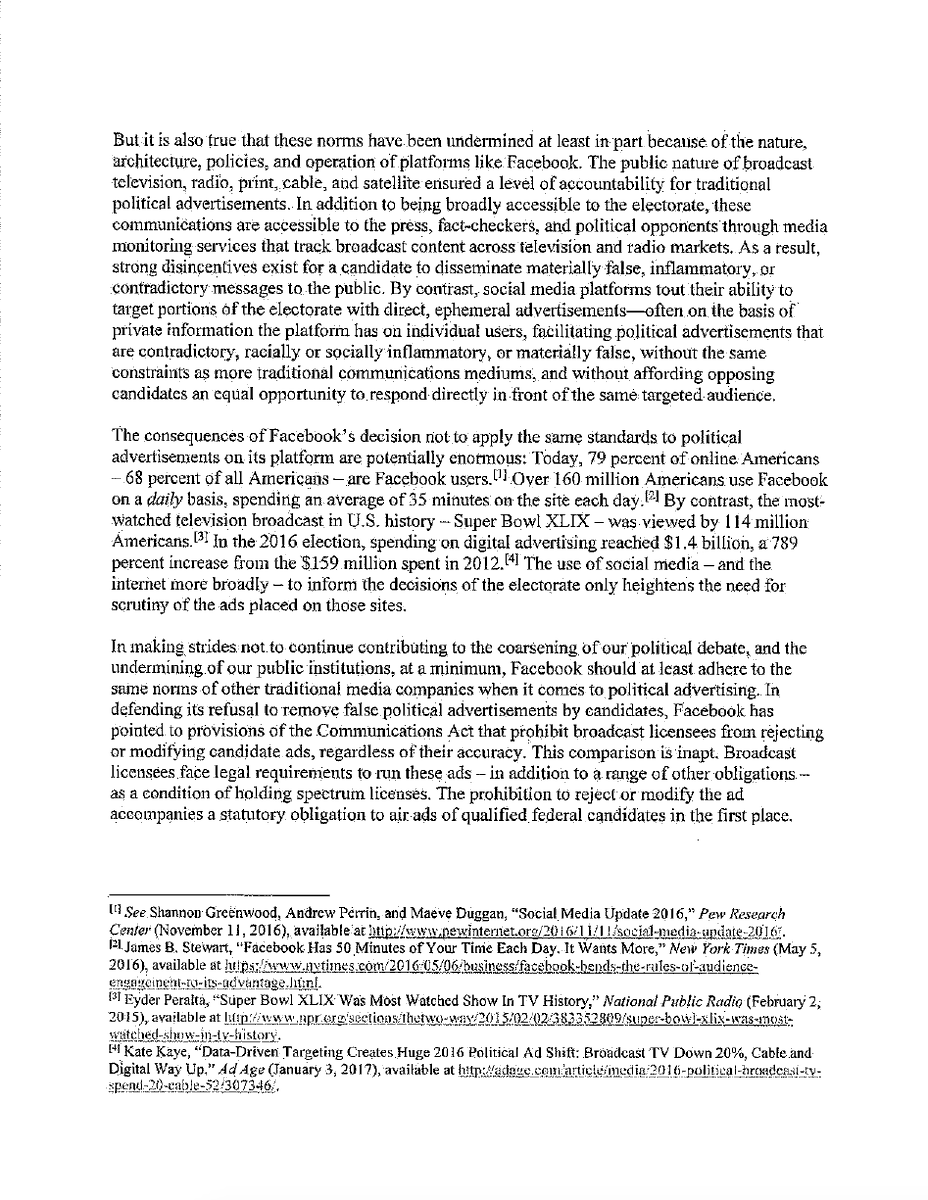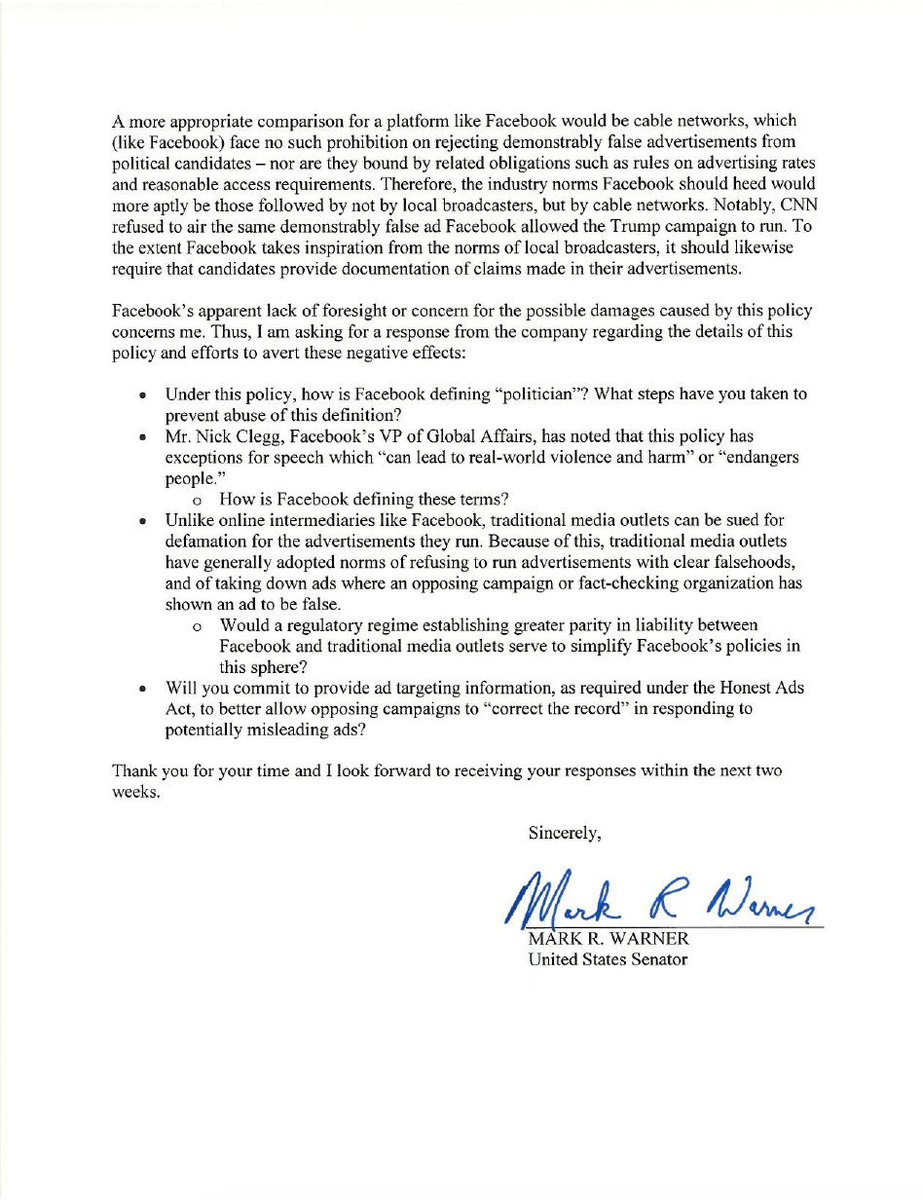Without it, consumer choice suffers, technological innovation suffers, and America’s global competitiveness suffers.
1. Portability
2. Interoperability
3. Delegatability
Here’s what that means in plain English:
We know this because we’ve done it before with phone numbers.
The primary barrier is that companies don’t want to ease restrictions that protect their market dominance.
This is the idea behind interoperability, the open exchange of information.
vice.com/en_us/article/…
That’s good for consumers.
It’s good the economy.
And ultimately, I believe it will be good for the internet.





